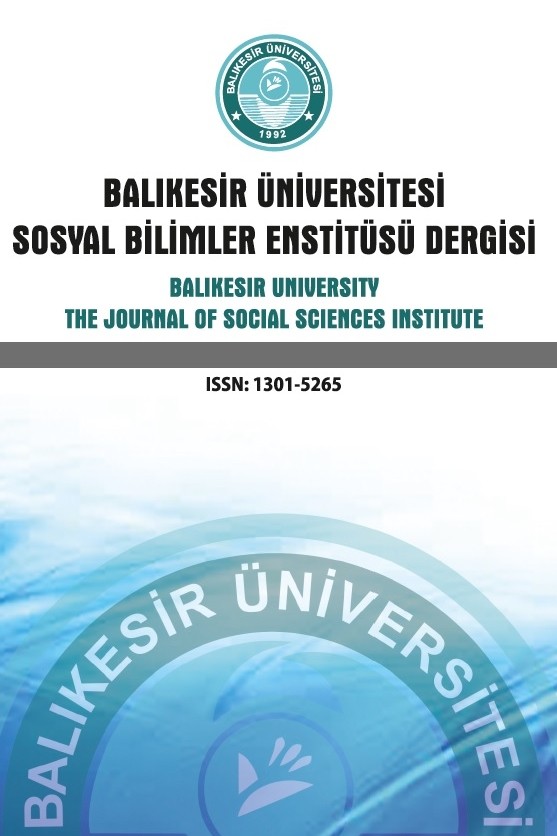
Balıkesir Üniversitesi Sosyal Bilimler Enstitüsü Dergisi
Yazarlar: Şener Şükrü YİĞİTLER
Konular:Edebiyat
DOI:10.31795/baunsobed.789226
Anahtar Kelimeler:Orhan Seyfi Orhon,Çocuk Adam,Nostalgia,Autobiography,Childhood
Özet: Orhan Seyfi Orhon, one of the five poets of syllables (Beş Hececiler), is an important figure in Turkish literature who is known for his poetry and newspaper articles. Alongside his poems, humor and satirical stories, articles and biographies, he has a novel called Çocuk Adam (Child Man, 1941). This single novel, deprived of the interest of literature historians and researchers, is important in terms of exhibiting life parts and art world-view and sense of its author due to his intense biographical content. Besides, Orhon's novel, as its title signifies, tells about childhood, being child and growing up with a deep sense of nostalgia. The poet, who is known for his lyrical influence in his poems, make use of the content and technical opportunities of art of novel. He uses the past, the content material of the novel, as a living, continuing essence which holds its bonds with the present. He fictionalizes his past and the autobiographic material of the novel with the influence of nostalgic illusion while he deals with memory, childhood, home, longing for innocence. But more interestingly, Orhon completely changes the third part of his novel in its second edition, published in 1965. In this article, besides Orhon's recollection of childhood as a dream world, as an age in which the seeds of evil were planted, the possible fictional, psychological reasons and social conditions that prompted him to rewrite the third chapter, which includes the most striking scenes of his novel, are discussed.